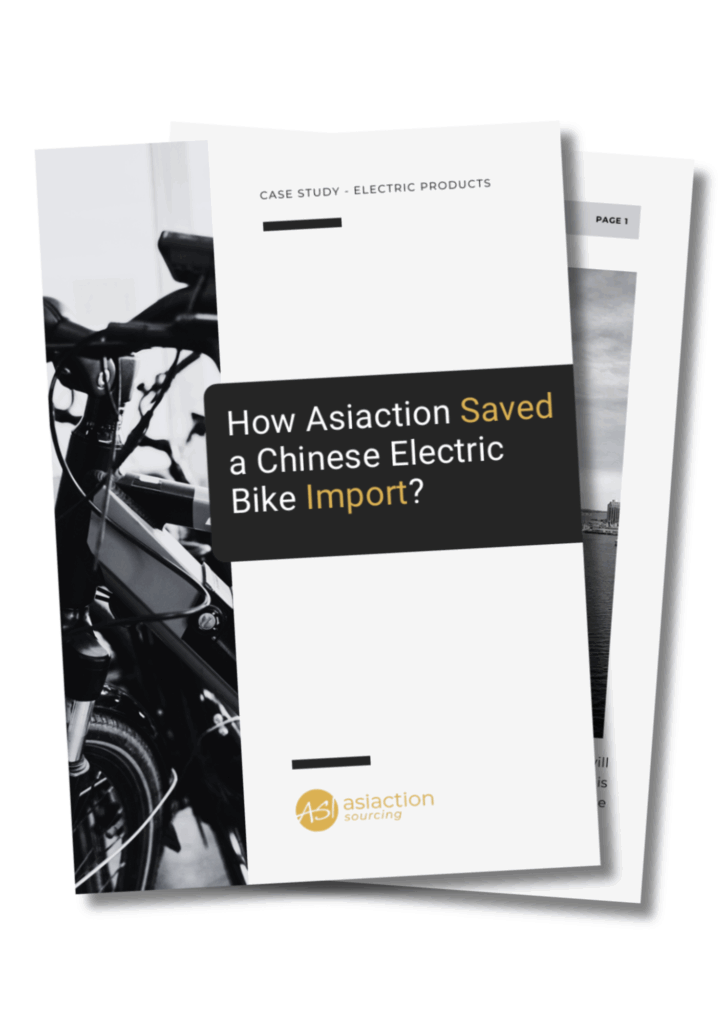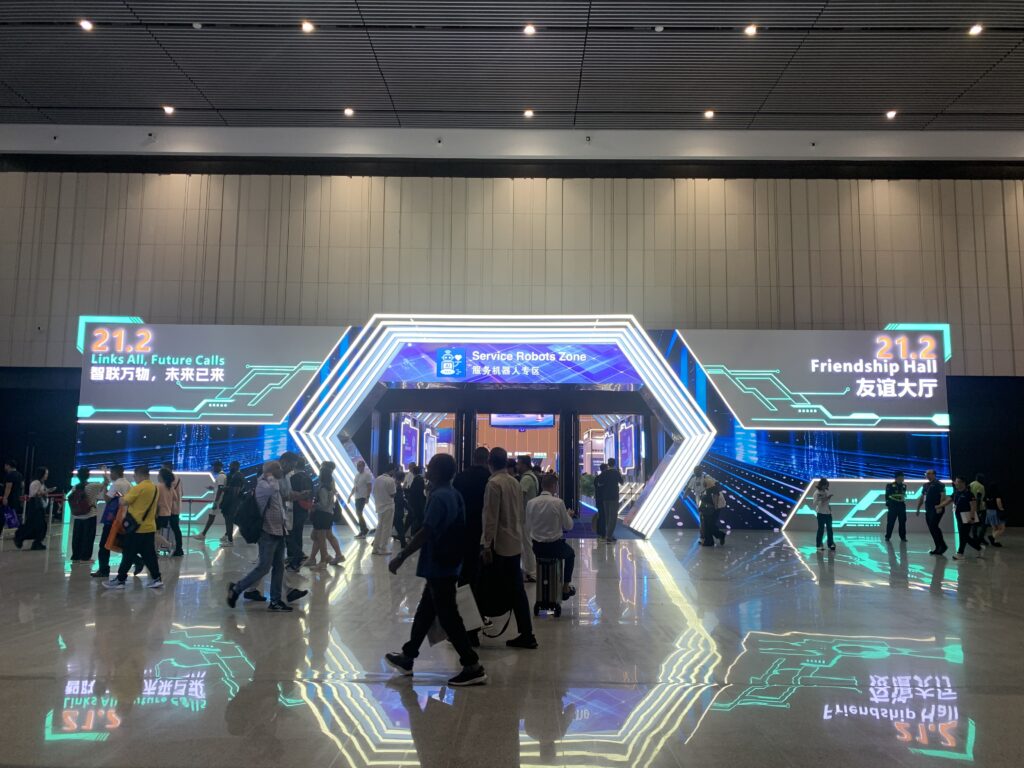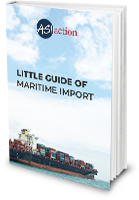How the Rise in U.S. Tariffs on Chinese Products Affects Prices, Businesses, and Consumers ?
On April 17, 2025, Sevaan Thomson, Account Manager at Asiaction Sourcing, was invited to share his expertise on the BBC’s “Wake Up To Money” radio show. During this insightful conversation, Sevaan explained the impact of the rising U.S. tariffs on products from China, while discussing the strategies adopted by market players to navigate an increasingly complex business environment. Here’s a summary of the key points discussed during the podcast.
The Immediate Impact of Increased Import Taxes
Sevaan explained that, in response to the rising tariffs, companies operating in the U.S. were forced to suspend their imports from China. The increase in costs led to a significant rise in the final prices of products, which became unacceptable for consumers and unmanageable for businesses. This situation forced these companies to rethink their business strategies and completely overhaul their supply chains to adapt to a new economic reality.
Diversifying the Customer Base
Despite the reduction in exports to the U.S., Sevaan emphasized that China remains a central player in the global industry and exports. Chinese manufacturers don’t just export to the U.S., but to the entire world. This market diversification allows Chinese suppliers to maintain their competitiveness and reduce their dependence on the U.S. market, while tapping into emerging and growing markets.
Sevaan also mentioned the possibility of Europe becoming a major strategic partner for China in the future. According to him, trade relations between Europe and China are likely to strengthen, which could provide European companies with a competitive edge over the U.S. in the years to come. This shift could redefine global sourcing processes and open up new opportunities for European players.
TikTok Trend: Chinese Factories Competing with Global Brands
The podcast also highlighted an emerging trend among Chinese companies attempting to pass themselves off as suppliers to major global brands. These companies offer products similar to those of large brands but at much more attractive prices, mainly via platforms like TikTok, claiming to be the suppliers of these well-known names. Their goal is to generate traffic and stimulate sales. While this strategy allows consumers to access products at more competitive prices, Sevaan warned that it is unlikely that these products are the same as those from the major brands.
Reflecting on the Future of Global Sourcing
In such a volatile context, Sevaan stressed the importance of businesses remaining flexible. He mentioned solutions like relocating manufacturing to countries such as Vietnam or Cambodia, which can help avoid high tariffs. However, it remains to be seen whether this will be sufficient to face future economic challenges…
Conclusion: Adapting to the New Challenges of Global Sourcing
Sevaan Thomson’s appearance on Wake Up To Money sheds light on the current challenges of importing Chinese products into the U.S., particularly the impacts of tariffs and geopolitical tensions. Despite these obstacles, China continues to play a key role in global industry and exports, and businesses operating in the U.S. must adapt by exploring alternative solutions, such as relocating production to other countries. Moreover, the growing trade relationships between Europe and China could play a crucial role in reshaping global supply chains.
Acknowledgements
We would like to thank the BBC for this opportunity to discuss the current challenges of global sourcing. At Asiaction Sourcing, we remain committed to supporting our clients in an ever-evolving business environment, providing tailored solutions to overcome both current and future challenges.






